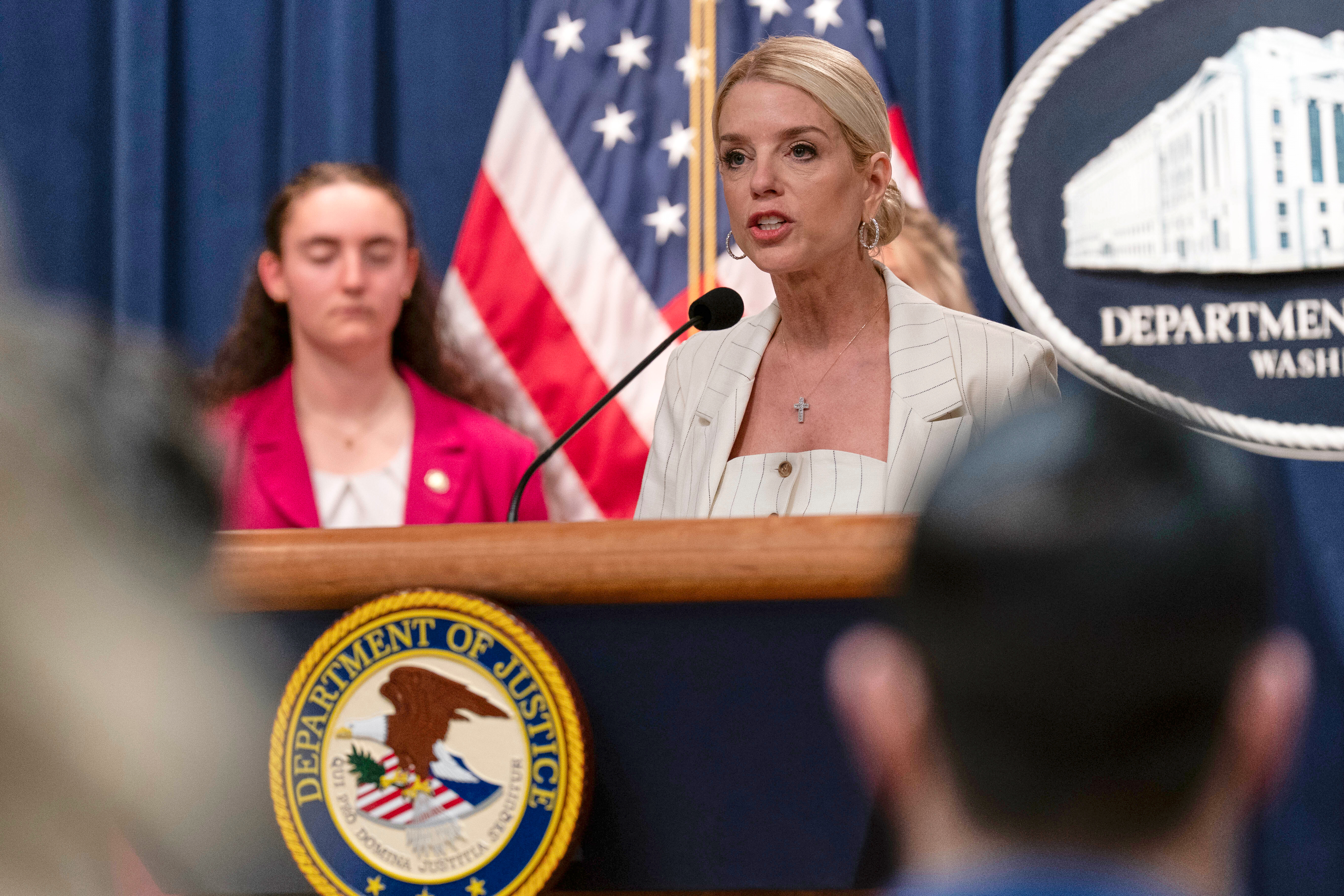Despite the next Republican primary contest being held in South Carolina, the state's former Gov. Nikki Haley appears to be a major underdog heading into Saturday.
Polling shows her well behind former President Donald Trump in the state's upcoming primary. If the polls end up coming to fruition and Trump defeats Haley by a large margin, what will happen to her campaign? Will she follow calls from GOP leaders to drop out of the race?
Polls are open 7 a.m.-7 p.m. on Saturday. South Carolina has an open primary, meaning anyone, including non-Republicans, can vote in the primary.
There are 50 delegates up for grabs. The statewide winner will pick up 29. The winner of each of the state's seven congressional districts will pick up three delegates per win, making up the remaining 21 delegates.

Inside the Race: Looking at Trump's mounting legal issues
Will the Republican National Committee have to pay for a portion of former President Trump's mounting legal bills?
Polling gives Trump huge edge
Given she is a South Carolina native and the state's former governor, one would expect Haley to do well there.
Recent polls, however, show Trump far in front. For instance, a Suffolk University poll found Trump ahead 63-35 among likely primary voters in South Carolina. Nationally, the picture is far more bleak for Haley.
An NBC News pollreleased earlier this month had Trump leading Haley nationally 79-19.
Following South Carolina's Feb. 24 primary will be Super Tuesday on March 5. By that point, nearly 20 states will have had their nominating contests. Whether Haley can even make it to March remains a question, as many within the Republican National Committee, in addition to Trump himself, are calling for Haley to exit the race.
What Haley's campaign says
On Tuesday, Haley was adamant that she is not going anywhere in the race.
She declared, “I refuse to quit.”
Prior to Tuesday's event, she gave an interview to The Associated Press explaining why she is holding on despite slim odds.
“Ten days after South Carolina, another 20 states vote. I mean, this isn’t Russia. We don’t want someone to go in and just get 99% of the vote,” Haley told The Associated Press. “What is the rush? Why is everybody so panicked about me having to get out of this race?”
What might be keeping her campaign hopes alive is an influx of cash. What a candidate has in the bank tends to help decide whether a campaign lives on.
In January, Haley spent $13.1 million, which is more than the $9.8 million she raised in January, but ended the month with $13 million still in her bank with no debt.
South Carolina generally a good bellwether
Even though South Carolina generally is among the first states to hold a nominating contest, it has been among the best bellwethers for Republicans.
The winners in seven out of the last eight Republican South Carolina primaries have gone on to win the nomination. In 2012, former House Speaker Newt Gingrich defeated Mitt Romney in the primary. Romney would end up winning the GOP's nomination that year.
Trump won the 2016 South Carolina primary with 33% of the vote, defeating Sen. Marco Rubio, who had 22%.
South Carolina is also among the most reliable Republican states in the U.S. A Democrat has not won the state in the general election since Jimmy Carter picked up South Carolina in 1976. He ended up losing to Ronald Reagan by a narrow margin four years later.
The state has not been competitive in a general election for president since 1980.
Mathematically, the race is far from over
Only three states — Iowa, New Hampshire and Nevada — have held nominating contests. Yes, Trump won an overwhelming majority of delegates in those states, but those nominating events represent just a tiny fraction of the overall number of delegates left to be determined.
But a humongous delegate haul will come on March 5, when nearly one-third of all total delegates will be up for grabs.









